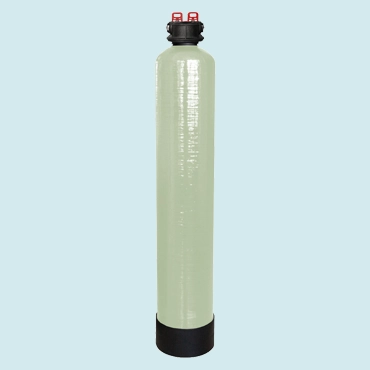What is a water conditioner?
If you’re confused about the difference between a water softener and water conditioner, you’re not alone. Both technologies are used to treat hard water and remove contaminants, with each system offering advantages over the other depending on your water treatment goals.

